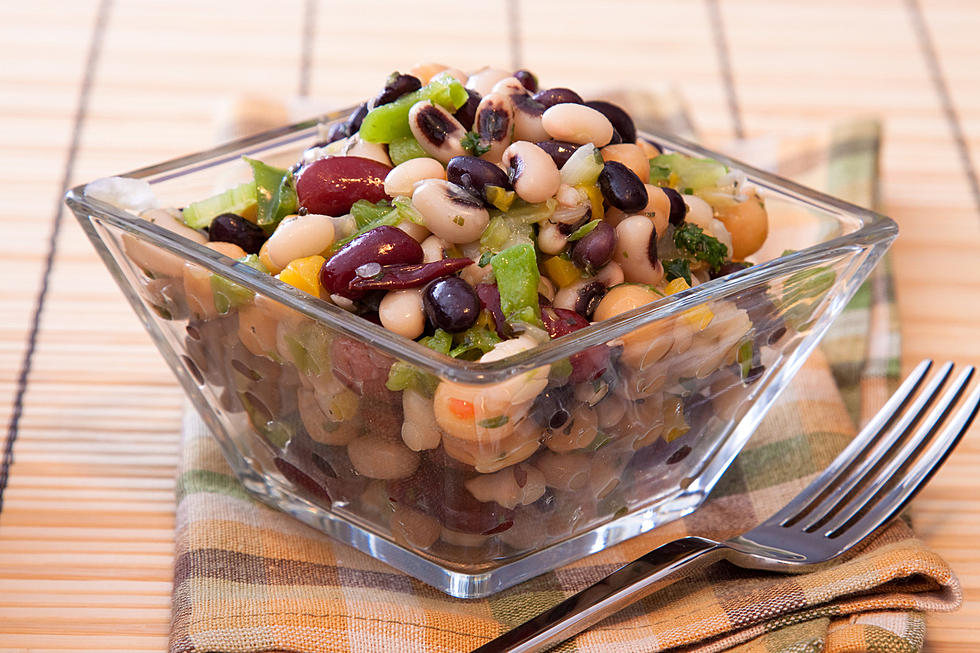
Alabama Cooking Black-Eyed Peas for New Year’s

As the clock strikes midnight on New Year's Eve, people around the world engage in various customs and traditions to usher in the upcoming year with hopes of prosperity, good blessings, and positive vibes. One such culinary tradition is the preparation and consumption of black-eyed peas on New Year's Day. This practice, rooted in history and folklore, has been passed down through generations and is celebrated in diverse cultures. Let's delve into the reasons why black-eyed peas have become synonymous with New Year's Day.
Historical Roots:
The tradition of cooking black-eyed peas for good luck on New Year's Day has deep historical roots, with origins dating back to the Southern United States. During the Civil War, black-eyed peas were considered a humble and abundant food source that sustained many families in the region. When General Sherman's Union troops marched through the South, they pillaged and destroyed crops, but black-eyed peas were left untouched due to their association with animal fodder. As a result, black-eyed peas became a symbol of survival and resilience during difficult times.
Prosperity:
Black-eyed peas are often linked to the notion of prosperity and wealth, making them a fitting dish to start the new year. The peas themselves are round and plump, resembling coins, which symbolize financial abundance and economic prosperity. Consuming black-eyed peas is believed to bring good fortune and financial success throughout the coming year.
Luck (Blessings):
In some Southern traditions, the combination of black-eyed peas, greens (such as collard greens or cabbage), and pork is known as the "trinity of luck." Each element carries its own symbolic meaning. Black-eyed peas represent coins and prosperity, greens symbolize money, and pork signifies progress and positive motion. By including all three in the New Year's meal, individuals hope to invite a triple dose of good luck and prosperity into their lives. However, I believe in blessings and not luck.
Folklore and Superstitions:
Beyond historical and symbolic connections, the tradition of eating black-eyed peas on New Year's Day is often accompanied by various superstitions and folklore. Some believe that consuming exactly 365 black-eyed peas—one for each day of the year—brings luck and ensures a year filled with good fortune. Others add a coin or a small trinket to the pot, and whoever finds it in their portion is said to receive extra luck.
The tradition of cooking black-eyed peas for New Year's has evolved from a practical survival food during challenging times into a symbol of hope, prosperity, and good fortune. Whether rooted in history, symbolism, or folklore, this culinary custom continues to unite families and communities in the shared belief that the simple act of preparing and consuming black-eyed peas can set a positive tone for the year ahead. As the clock strikes midnight, countless households embrace this time-honored tradition, savoring not just a delicious meal, but also the promise of a prosperous and blessed new year.
2023 Rose Bowl Welcome Disney Land
Gallery Credit: Crimson Tide Photos/ UA Athletics
More From Praise 93.3









